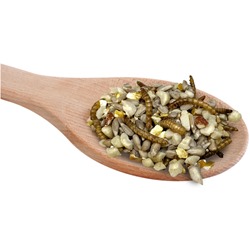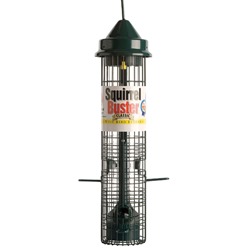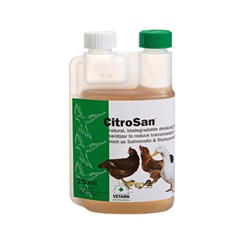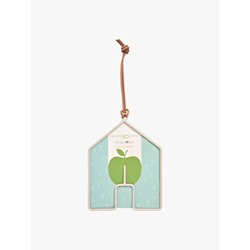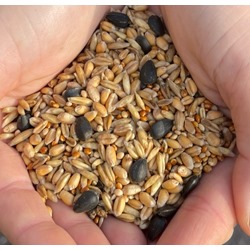- Home
- Bird Foods
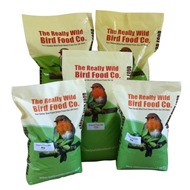
- Bird Feeders
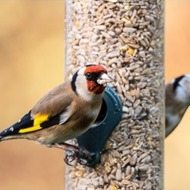 Back
Back Bird Feeders
Bird Feeders - VIEW ALL Bird Feeders
 Seed Feeders
Seed Feeders Peanut Feeders
Peanut Feeders Peanut Butter Feeders
Peanut Butter Feeders Suet & Fat Feeders
Suet & Fat Feeders Window Feeders
Window Feeders Hanging Feeders
Hanging Feeders Feeding Stations
Feeding Stations Ground Feeders
Ground Feeders Easy Clean Feeders
Easy Clean Feeders Bird Tables
Bird Tables Seed Trays
Seed Trays Bird Baths & Drinkers
Bird Baths & Drinkers Feeder Accessories
Feeder Accessories Feeder Hygiene
Feeder Hygiene Squirrel Proof Bird Feeders
Squirrel Proof Bird Feeders For the Kids
For the Kids Niger Seed Feeders
Niger Seed Feeders Mealworm Feeders
Mealworm Feeders Bird Food Storage
Bird Food Storage Fat Ball Feeders
Fat Ball Feeders Tube Feeders
Tube Feeders
- Wildlife Products
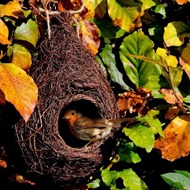
- Gift Ideas

- Countryside Stewardship
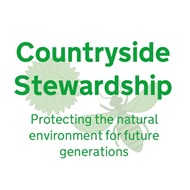
- Sale

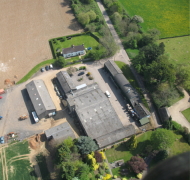 Our Farm
Our Farm Contact Us

Free Delivery
Bird seed orders come with FREE delivery!
SATISFACTION GUARANTEED
We offer a 60-day money back guarantee.
FAMILY-OWNED BUSINESS
Trust us to bring you the very best!
UNBEATABLE QUALITY
Our customers love us and so do their birds!
THE ECO-FRIENDLY CHOICE
Home-grown ingredients from our UK farm.
Free Delivery
Bird seed orders come with FREE delivery!
SATISFACTION GUARANTEED
We offer a 60-day money back guarantee.
FAMILY-OWNED BUSINESS
Trust us to bring you the very best!
UNBEATABLE QUALITY
Our customers love us and so do their birds!
THE ECO-FRIENDLY CHOICE
Home-grown ingredients from our UK farm.
Free Delivery
Bird seed orders come with FREE delivery!
SATISFACTION GUARANTEED
We offer a 60-day money back guarantee.
FAMILY-OWNED BUSINESS
Trust us to bring you the very best!
UNBEATABLE QUALITY
Our customers love us and so do their birds!
THE ECO-FRIENDLY CHOICE
Home-grown ingredients from our UK farm.














